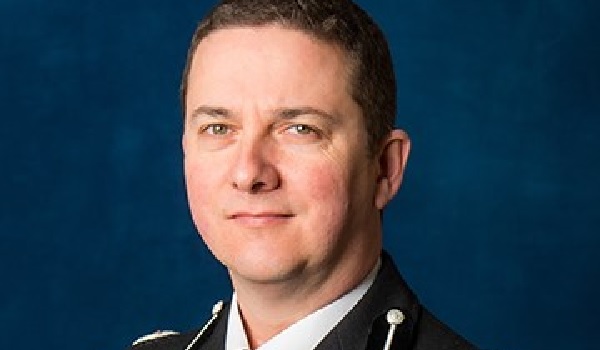Preparing for eCall in the UK
Emergency services call centres are facing a surge in alerts when all cars and trucks are fitted with a new technology called eCall (Emergency Call) from next year, which automatically calls 999 if a vehicle is involved in a crash.
Emergency services call centres are facing a surge in alerts when all cars and trucks are fitted with a new technology called eCall (Emergency Call) from next year, which automatically calls 999 if a vehicle is involved in a crash.
In the event of a traffic accident an automated message will be sent from the vehicle involved to the emergency services, providing GPS (global positioning system) coordinates and vehicle information. Research suggests that the mandatory use of the system could halve response times, especially in rural areas.
We have all seen many TV shows where the emergency services have pinpoint accuracy for your location, yet why it is that when you have an emergency yourself the first question they ask is, where are you?, explained Adrian Brookes, corporate consulting director at Guildford-based technology solutions company Avaya. Location is a critical variable that determines when and how quickly help can be provided to you, yet it is the one thing that the emergency services do not have.
At the moment the only interaction with the emergency services is through voice, but Avaya says eCall adds a new dimension to this and falls into the true definition of multi-channel contact centre.
The system is being introduced under the EU Universal Service directive 26, which says that not only should there be one number for contacting the emergency services, there should also be a mechanism to alert citizens in the event of an emergency taking place.
This includes eCall, whereby in the event of a collision, sudden stop, sudden change in direction or sudden acceleration, telemetry data will be sent to the emergency services giving the accurate location of the incident and any relevant information regarding the vehicle or its occupants.
While this is great news, it also presents a huge challenge for emergency services control rooms, added Mr Brookes in his recent Avaya blog, Preparing for the eCall Directive in the UK.
All emergency service contact centres will have to be ready for service by the end of October 2017 and all new cars registered after April 1, 2018, must have eCall modules fitted.
Avaya says that to date, eCall has not been implemented by the various services in the UK and not promoted by the Government. However, the Secretary of State is understood to have recently written to the emergency services saying that the directive must be implemented, and implemented in line with the timing set by the EU.
A workshop on the eCall legislation hosted by Avaya last month which was one of the first in the UK to explore the implications of the service heard that the emergency services will need to prepare for the many new service elements they need to deliver for example, eCall for the first time will require the call taker and dispatcher to make a value judgment not only on what they can hear, but also what they can see in terms of data in front of them and this will require in-depth training.
Avaya, which unveiled its own eCall solution at the workshop, said the emergency services would have to upgrade their infrastructures and update their existing voice-only contact centres in such a way as to accommodate this new channel and comply with the first global mandate for the connected car.
Steve Rafferty, managing director of Avaya UK, said: eCall will for the first time give the emergency services an accurate GPS location of an incident. It will tell rescuers prior to arrival vehicle details and other information essential for an effective rescue plan. This really can reduce rescue times and save lives. eCall is truly a great initiative and were delighted to be part of the solution, helping emergency services control rooms to be ready for it.
Mr Brookes says it is clear that eCall wont just happen by itself and one of the biggest challenges for public safety communications professionals is ensuring command and control rooms are ready for the directive.
eCall will add a new dimension to emergency service interactions: it will be th




